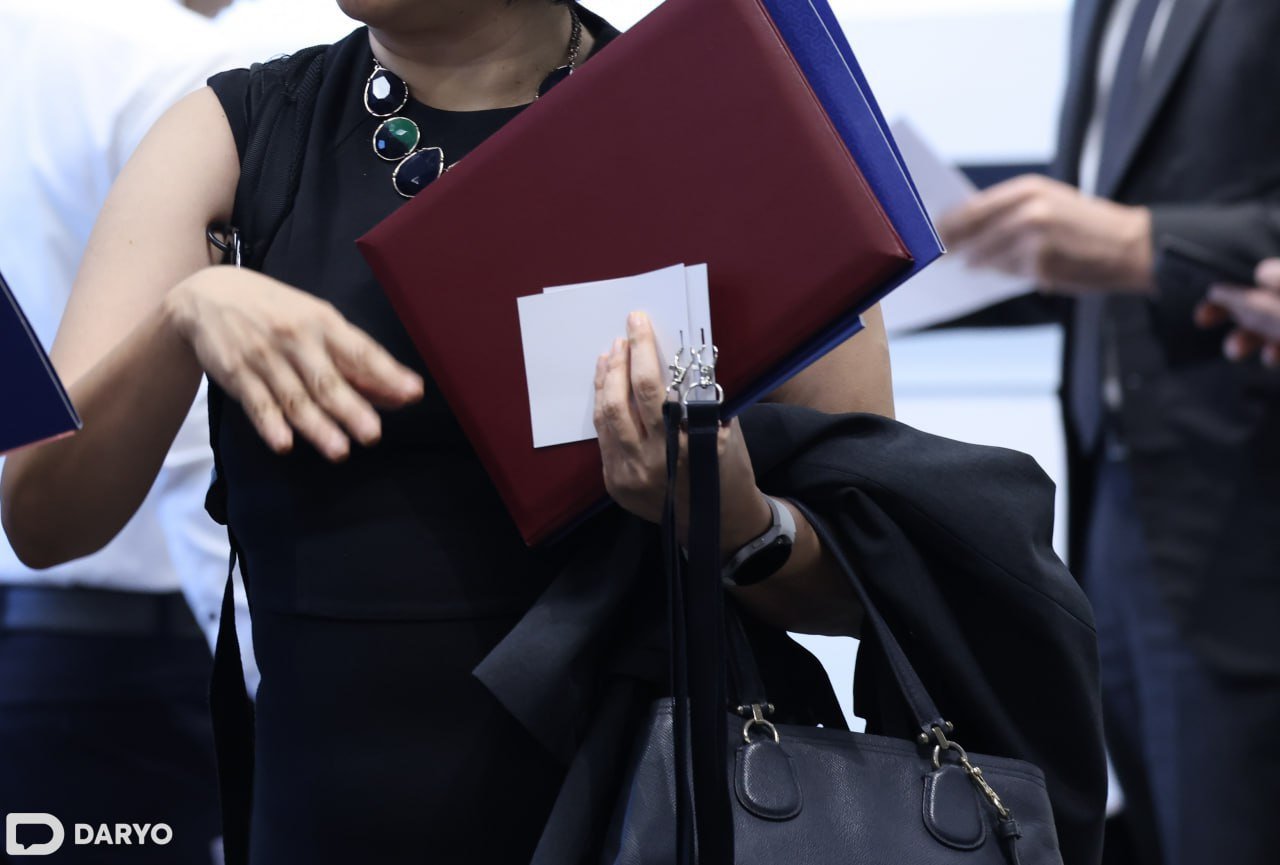As Uzbekistan’s economy continues its upward trajectory, a growing disconnect is emerging between economic development and political reform, according to Mirshohid Aslanov, a public policy strategist. Businesses, particularly mid-sized and large enterprises, are increasingly considering relocation—not merely to expand into new markets, but due to the structural limitations within the domestic environment.

As these companies mature, they demand greater regulatory predictability, stronger institutional protections, and a legal framework that ensures the safeguarding of intellectual and property rights. In other words, economic progress in Uzbekistan is advancing faster than the political reforms needed to support it, creating a significant misalignment that businesses feel acutely.
This situation is not unique to Uzbekistan according Aslanov. Historically, when governance mechanisms fail to evolve in step with economic growth, capital and talent tend to migrate to more stable environments. In Uzbekistan, businesses are increasingly aware of this mismatch, while political institutions have been slower to react. Rather than advocating for systemic changes, many enterprises are opting to seek external opportunities. However, high-level officials are reportedly becoming more aware of these pressures and are considering the next phase of political reform.
Aslanov drew a comparison between Uzbekistan's currency exchange liberalization and the country's current political transformation. He highlighted how the initial resistance to the economic shift, despite fears of instability, eventually positioned Uzbekistan as a more competitive market.

Similarly, Aslanov emphasized the need for a shift in political institutions—from strict control to dynamic governance—where the state’s role transitions from ruling to serving the public, with legislative bodies and checks-and-balances systems becoming more substantive.
Although reforms are said to be under development behind closed doors, there are concerns that acknowledging systemic weaknesses might be seen as a vulnerability as per Aslanov. However, progress in governance, much like in business, requires taking calculated risks. Aslanov noted that a political system that fails to meet the aspirations of its most dynamic stakeholders—entrepreneurs, innovators, and reformists—will eventually fall behind the demands of society.
Despite the challenges, there is cautious optimism. Uzbekistan’s history of pragmatic reforms suggests that the country is responsive to public sentiment. As the expectations for governance become clearer and more non-negotiable, the state will likely address these concerns—either gradually or decisively.
Follow Daryo's official Instagram and Twitter pages to keep current on world news.
Comments (0)